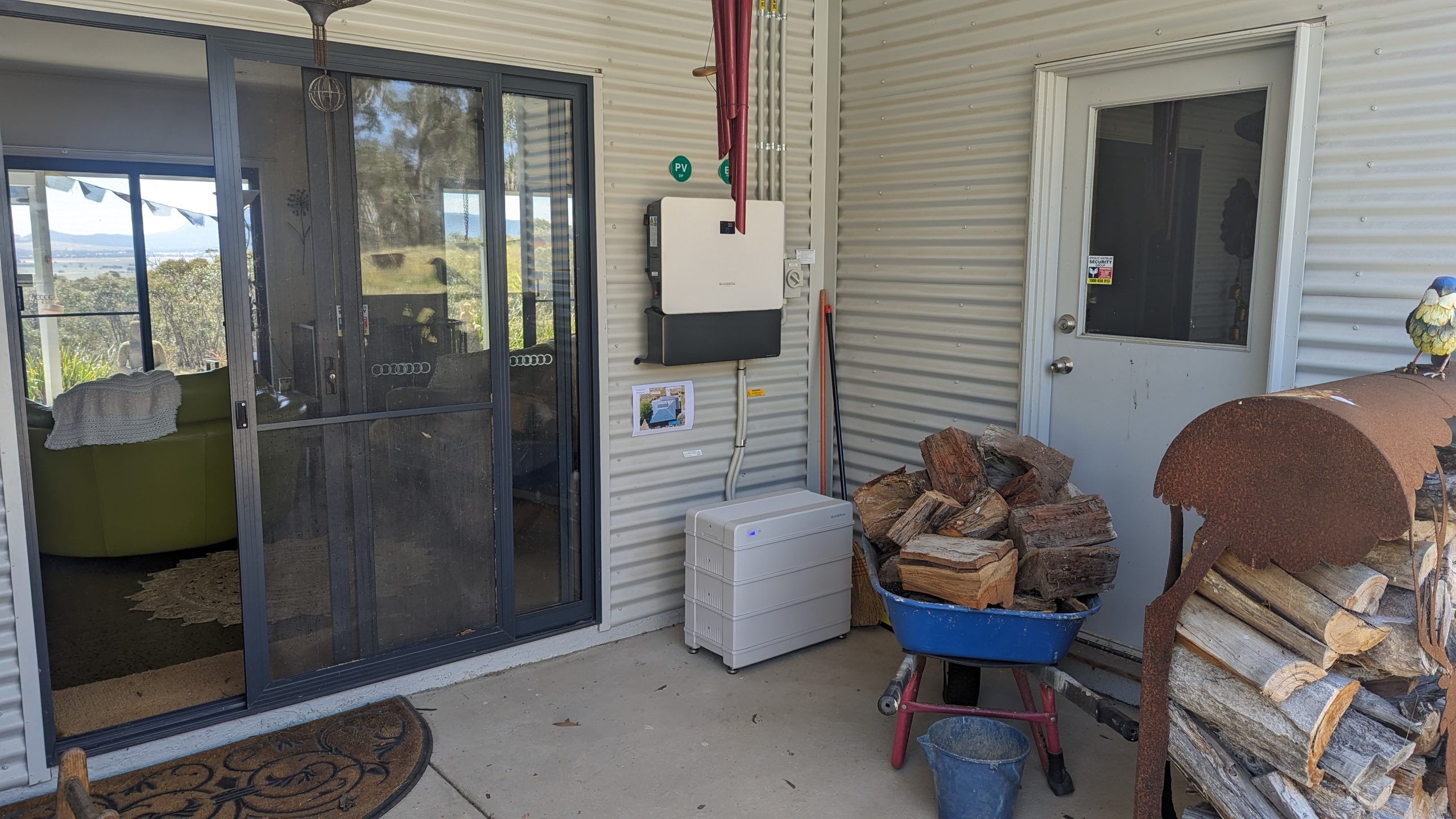 Off-Grid Solar Australia
Off-Grid Solar Australia

Exploring the Fundamentals of Sustainable Energy Independence
Introduction: In a world increasingly focused on sustainability and eco-friendliness, off-grid solar systems represent a leap towards energy independence and a greener lifestyle. This comprehensive guide delves into the essentials of off-grid solar systems, providing valuable insights for those considering a shift to this renewable energy source.
What is an Off-Grid Solar System? An off-grid solar system is a standalone power system that provides electricity independent of the main power grid. These systems are typically used in remote locations, where connecting to the main grid is impractical or too expensive. They are ideal for homes, farms, and even entire communities that seek self-sufficiency in energy.
Key Components of an Off-Grid Solar System:
Benefits of Going Off-Grid:
Considerations Before Going Off-Grid:
Installation and Maintenance: Installing an off-grid solar system requires careful planning and consideration of local regulations and safety standards. It’s often recommended to work with a professional installer. Regular maintenance includes cleaning solar panels, monitoring battery health, and ensuring connections are secure.
Conclusion: Embracing off-grid solar systems is a significant step towards sustainable living and energy independence. With the right setup and maintenance, an off-grid solar system can provide a reliable and eco-friendly energy source for years to come.
G’day, Australia! We’re here to shake things up in the energy world, right? We’ve got these ripper solar systems, decked out with the latest Sungrow and Deye inverters and those beaut Sungrow and Pylontech lithium batteries. They’re a real game-changer for places like Ballarat, Victoria, and all over Oz! Our Top Solar Gear Going All …
Continue reading “Givin’ Aussie Homes a Fair Go with Top-Notch Solar Tech”
1. Jinko Solar Panels: 2. Trina Solar Panels: 3. SunPower Solar Panels: Conclusion When choosing solar panels, consider factors such as efficiency, durability, warranty, and budget. Jinko offers cost-effective and reliable options, Trina provides a balance of performance and value, while SunPower stands as a premium choice with top-tier efficiency. Each brand caters to different …
Continue reading “Comprehensive Solar Panel Review: Jinko, Trina, and SunPower”
1. Pylontech Batteries: 2. PowerPlus Energy Batteries: 3. BYD Batteries: 4. Tesla Powerwall: Conclusion When selecting a solar battery, factors like capacity, compatibility, longevity, and budget play crucial roles. Pylontech, PowerPlus Energy, BYD, and Tesla offer diverse options catering to different needs and preferences. Whether for a small residential setup or a larger, more complex …
Continue reading “In-Depth Review of Solar Batteries: Pylontech, PowerPlus, BYD, and Tesla”
Inverter Equipment Review: Sungrow, Deye, Victron, and Selectronic 1. Sungrow Inverters: 2. Deye Inverters: 3. Victron Energy Inverters: 4. Selectronic Inverters: Conclusion Each of these inverter brands – Sungrow, Deye, Victron, and Selectronic – offers unique strengths suited to different solar energy needs. Your choice should depend on your specific requirements, whether it’s for residential, …